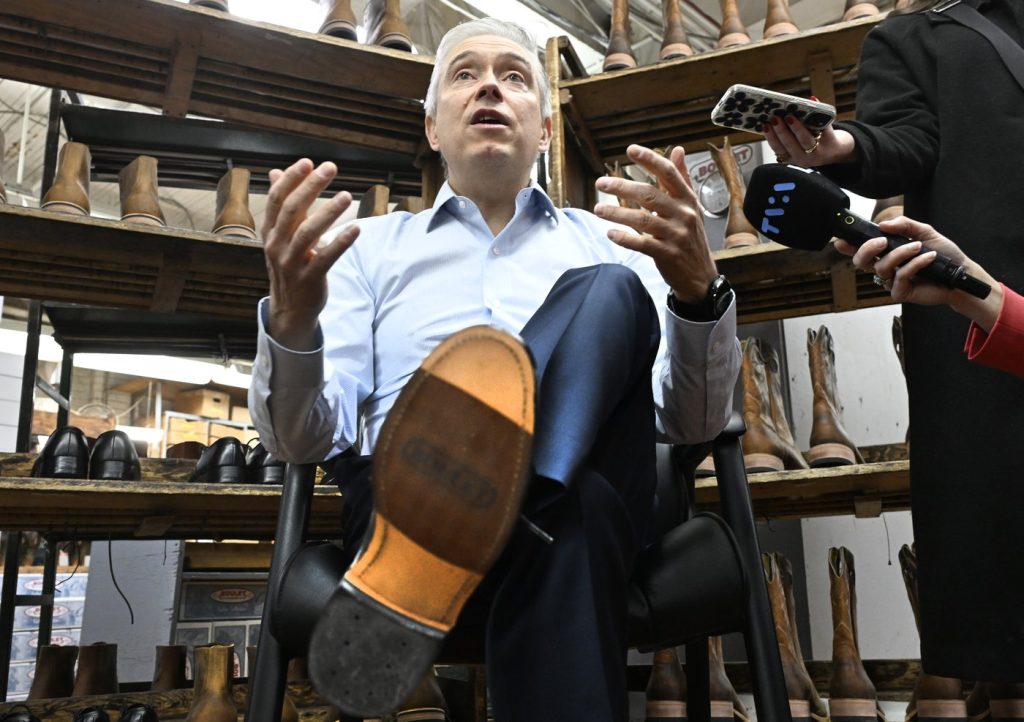Finance Minister François-Philippe Champagne is stepping into the political spotlight as he prepares to unveil Prime Minister Mark Carney’s first federal budget — a plan billed as both a massive investment in Canada’s future and a dose of fiscal restraint.
The long-delayed budget, postponed amid a heated tariff war with the United States, is being described by the government as a “once-in-a-generation” economic blueprint designed to rebuild key sectors while tightening spending elsewhere. But the challenge ahead isn’t just about the numbers — it’s about convincing Canadians that the ambitious mix of capital projects and austerity measures will work.
Known for his high energy and approachable style, Champagne, 55, is far from the stereotypical finance minister. His colleagues call him the “Energizer Bunny,” a nickname shared by both Justin Trudeau and Doug Ford, reflecting his relentless enthusiasm. He’s also embraced the moniker “the little guy from Shawinigan,” echoing the populist charm once associated with Jean Chrétien.
Unlike past finance ministers who struggled to connect with average Canadians, Champagne’s small-town roots and approachable nature may prove to be his greatest asset. “He’s the biggest, most enthusiastic bundle of energy we have in caucus,” said Liberal MP Marc Miller. “He’s the same person in private and public — genuine and engaged.”
Jonathan Kalles, a former Quebec adviser to Trudeau, believes Champagne’s ability to relate to people in his largely rural riding gives him an edge. “He’s speaking with people who are struggling with the cost of living,” Kalles said. “He actually engages one-on-one — gives out his cell number and follows up personally. That makes him authentic.”
Carney, a detail-oriented former Bank of Canada governor, will rely heavily on Champagne’s retail politics to sell a complex fiscal plan to households weary of rising costs and economic uncertainty. Champagne himself has compared Canada’s situation to the post-war rebuilding of 1945, saying it’s time to “chart a new course for this country.”
But not everyone is convinced. Conservative Leader Pierre Poilievre has already warned that his party will oppose the budget if it fails to bring down the cost of living. “Instead of trying to provoke a costly election on a costly budget, why not deliver an affordable budget for an affordable life?” he challenged in Parliament.
The budget will feature both spending increases and cuts, along with a shift in federal accounting practices — pushing total expenditures beyond levels set under the Conservatives but below Bloc Québécois expectations.
A decade into his political career, Champagne’s rise from small-town lawyer to one of Ottawa’s most powerful ministers has been swift. With rumours of leadership ambitions never far away, this budget may be his defining moment — not only as the face of Carney’s economic vision but as a test of whether his boundless energy can translate into national trust.

